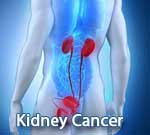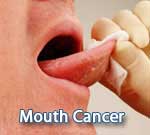Eye Cancer, Intraocular Melanoma
Followup Care:
NutritionPeople with melanoma may not feel like eating, especially if they are uncomfortable or tired. Also, the side effects of treatment, such as poor appetite, nausea, or vomiting, can be a problem. Foods may taste different. Nevertheless, patients should try to eat well during cancer therapy. They need enough calories to maintain a good weight and protein to keep up strength. Good nutrition often helps people with cancer feel better and have more energy.
The doctor, dietitian, or other health care provider can suggest ways to maintain a healthy diet
Melanoma patients have a high risk of developing new melanomas. Some also are at risk of a recurrence of the original melanoma in nearby skin or in other parts of the body.
To increase the chance of detecting a new or recurrent melanoma as early as possible, patients should follow their doctor’s schedule for regular checkups. It is especially important for patients who have dysplastic nevi and a family history of melanoma to have frequent checkups. Patients also should examine their skin monthly. They should follow their doctor’s advice about how to reduce their chance of developing another melanoma.
The chance of recurrence is greater for patients whose melanoma was thick or had spread to nearby tissue than for patients with very thin melanomas. Follow up care for those who have a high risk of recurrence may include x-rays, blood tests, and scans of the chest, liver, bones, and brain.





































